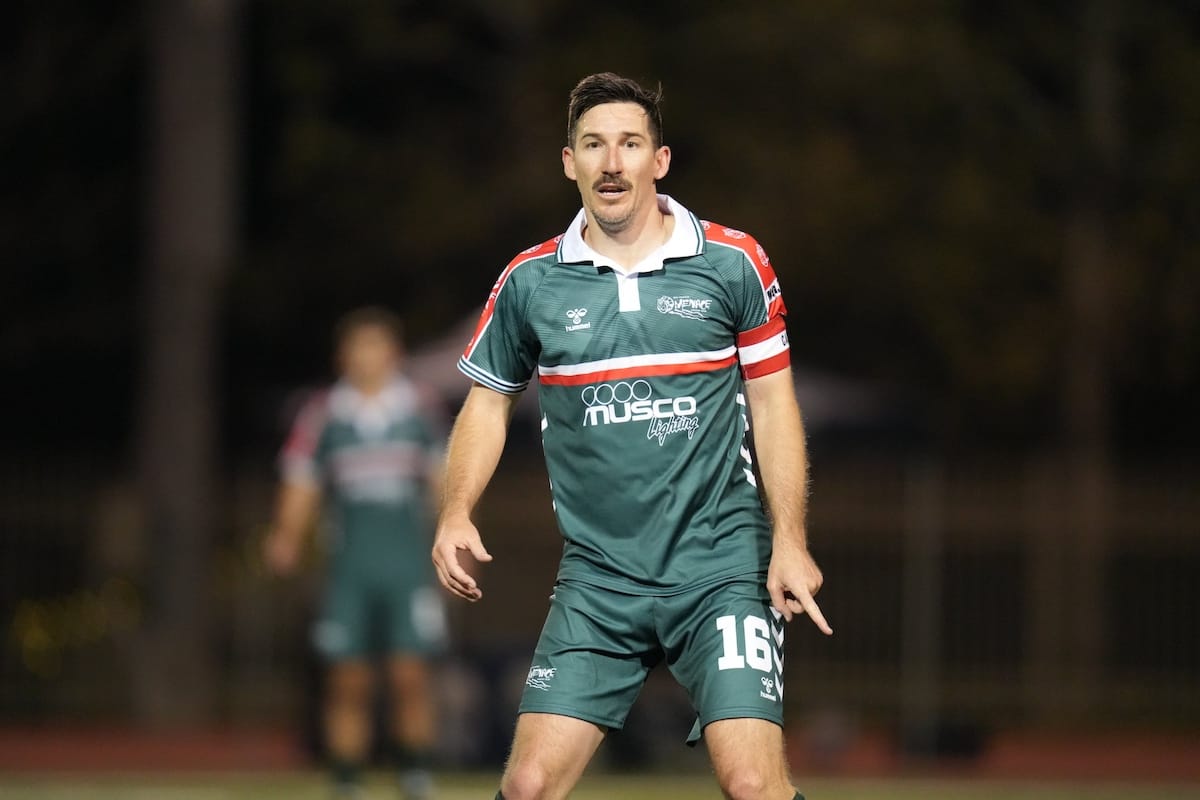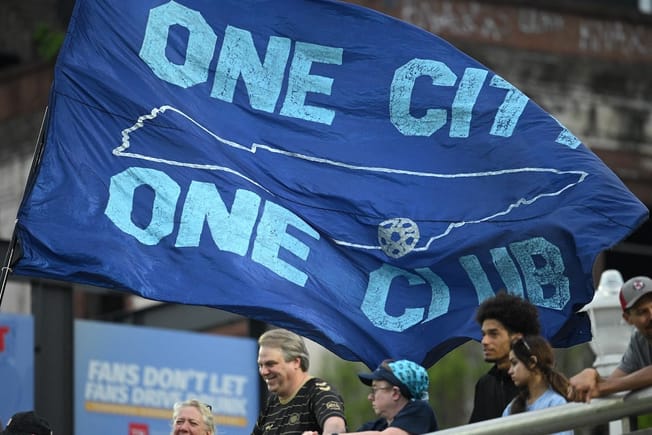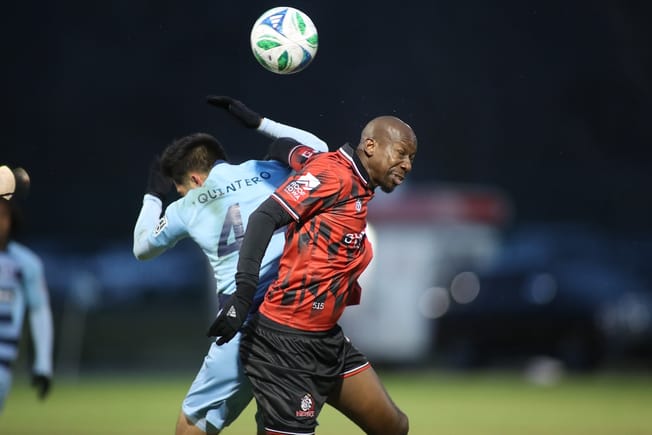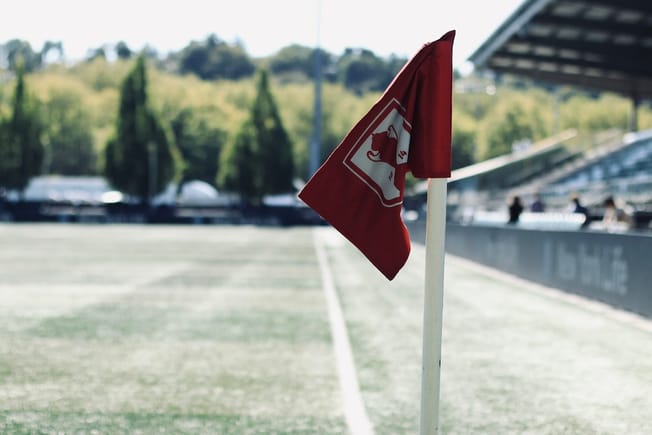For years, devotees of the U.S. Open Cup have dreamed of a world in which the nation’s oldest soccer tournament gained the respect its history and charm deserved.
Imagine an eager media partner signing a multi-year broadcasting contract for wall-to-wall coverage of the tournament, including ample shoulder programming and promotional spots in its other sports properties.
Imagine a suite of corporate sponsors hopping on board, happily paying to slap their brands on activations like a “player of the round” award that would celebrate and elevate the Open Cup’s standout performers, be they amateurs moonlighting from their day jobs or elite superstars like Leo Messi.
Imagine the Open Cup finally being truly valued as the United States’ version of the FA Cup, a quirky delight instead of an obscurely deep cut. Its Cinderella stories and tiny early-round venues celebrated, much like Luton Town’s antiquated Kenilworth Road home was savored, not excoriated, when the Hatters gained promotion to the English Premier League.
Tantalizing possibilities like these, and the charting of a purposeful course in that direction, were very much on the table when Open Cup stakeholders met last year.
And now? Well, now things look very different.
One meeting of the U.S. Open Cup’s minds took place in the wake of MLS commissioner Don Garber’s unexpected denunciation of the tournament during a U.S. Soccer board of directors meeting in May. Another unfolded in December, after U.S. Soccer publicly declined MLS’s effort to remove its first teams from the competition and insert their MLS Next Pro reserve sides instead.
At that point, many involved felt the Open Cup and its participants’ commitment had been tested, but had come through it on an elevated trajectory.
“When we went to New York in December to visit with U.S. Soccer, right around the [time of the] statement from MLS, we quickly were told, ‘here's the resolution. We're not going to allow this, we're going to move forward,’ and then we spent the rest of the meeting talking about the future of the Cup. And there were some really exciting things that we were going to try to get off the ground in ‘24,” USL Championship president Jeremy Alumbaugh told Backheeled.
Alumbaugh served on the Open Cup committee that has since been bypassed by one that reports directly to the USSF board.
“These were just conversations. Nothing was finalized. But to see U.S. Soccer, their heads start thinking about how to make this different, talking about a player of the round, and it'd be voted on by the fans, and that there could be a prize component to that. Then some of the commercial things that they were working on, they showed us some things in January of where they really were pushing this and where this was going, and it was exciting. It would have changed the outlook of this competition.”

CBS Sports stepped in last May to pick up broadcast rights for the final three rounds of the 2023 Open Cup and were pleased with the results.
That was undoubtedly, though not exclusively, boosted by Inter Miami signing Messi and his old FC Barcelona friends after the club had already advanced to the USOC semifinals. Miami’s roster turned the Herons’ dramatic comeback victory over FC Cincinnati and their surprising final loss to the Houston Dynamo into big occasions.
As with so many other aspects of Messi’s arrival, Miami’s run flashed a thrilling vision of what was possible for the Open Cup. It may also have caught Apple, which is in the second season of an exclusive 10-year, $2.5 billion broadcast deal with MLS, by surprise. The tech company carried limited prior knowledge of the tournament that suddenly featured the crown jewel of their partnership on a different platform.
Multiple sources tell Backheeled that CBS Sports wanted more – lots more – of the Open Cup. They wanted a multi-year broadcasting deal that would air matches on Golazo, their all-soccer FAST (free, ad-supported television) channel, the Paramount+ streaming service and other platforms.







